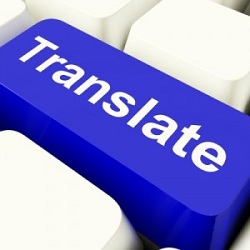Abstract
Epilepsy is the most common neurological disorder worldwide. One-third of epileptic patients do not respond after treatment with first- or second-line antiepileptic drugs. Pregabalin is a novel antiseizure drug with established anxiolytic and analgesic efficacy. In this study, we evaluated the efficacy and tolerability of pregabalin as an adjunctive therapy in a group of children with intractable epilepsy. From October 2011 to September 2012, 67 children with refractory epilepsy who visited the pediatric neurology clinic of Mofid Children’s Hospital were enrolled in this study. The patients were treated with pregabalin. Reduction in seizure frequency and severity were compared after 1 and 6 mo of treatment initiation. During follow-up, >50% reduction in seizure frequency or severity was observed as a response to the drug. Of the 60 children who reached the last stage, 29 (48.3%) were boys and 31 (51.7%) were girls. The age of the children ranged between 6 mo and 16 yr, with a mean age of 71 ± 42.9 mo. Pregabalin reduced seizure frequency up to 2.41 ± 2.38 (48% decline) and 2.75 ± 2.38 (40.86% decline) after 1 and 6 mo of treatment initiation, respectively. There was a significant difference between seizure frequency at 1 (P < 0.001) and 6 mo (P < 0.001) after pregabalin initiation compared with the initial attacks. Increased appetite, frequent urination, hallucinations, and headache were the most common side effects in our patients, with a complication rate of 18.33%. Thus, pregabalin seems to be effective and well tolerated for seizure control in children with intractable epilepsies.







